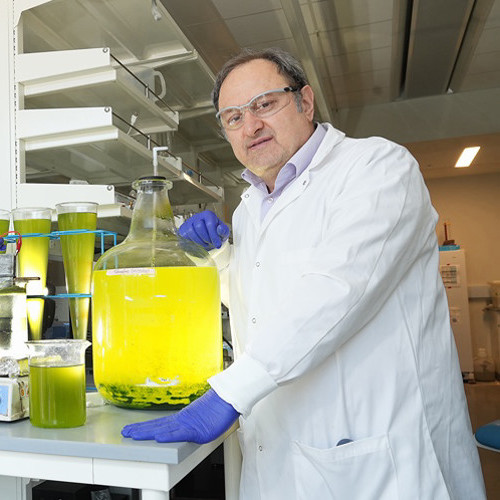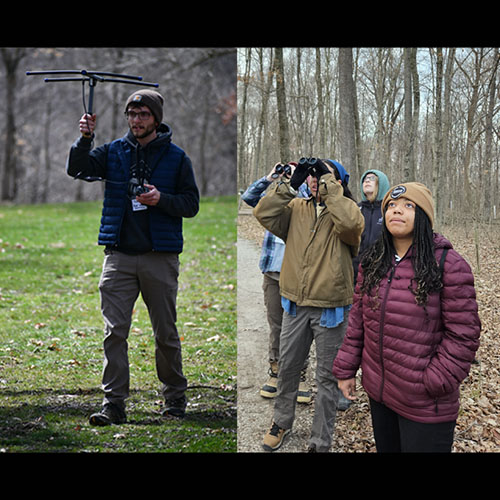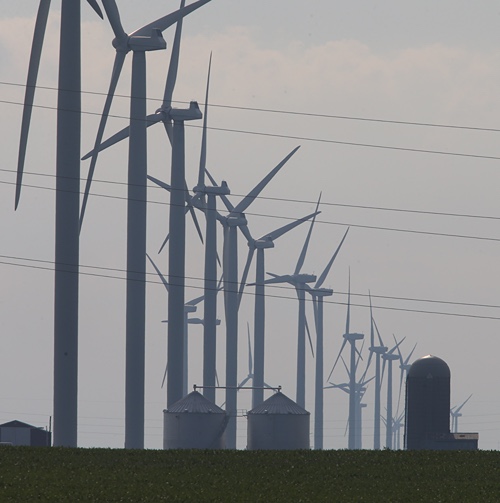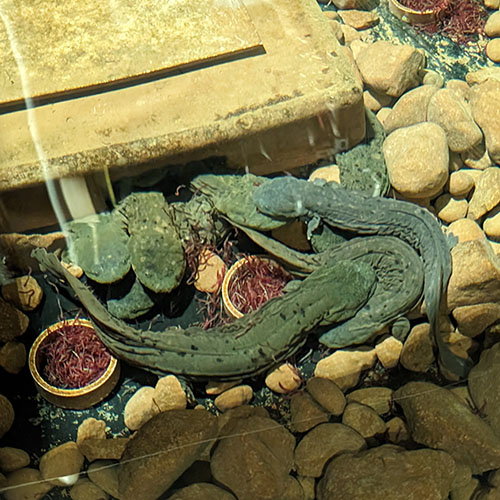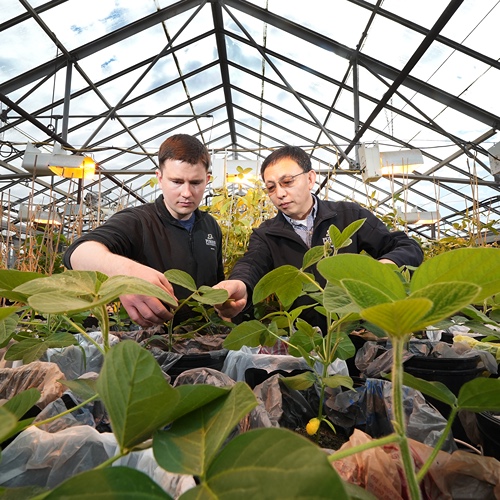The National Oceanic and Atmospheric Administration has named Purdue University as the new host of the Midwestern Regional Climate Center (MRCC). Beth Hall, Indiana state climatologist, will direct the center for five years with $3.1 million in federal base funding.
Hall came to Purdue in 2019 to lead the state’s climate office, which is housed in the Department of Agronomy. She previously served as director of the MRCC from 2012 to 2019 when she was at the University of Illinois, where the center has been located since its creation in the early 1980s.
“We are excited to have the Midwestern Regional Climate Center move to Purdue under the leadership of Dr. Hall, where we know it will thrive and grow in its impact,” said Karen Plaut, Purdue’s Glenn W. Sample Dean of Agriculture.
Hall explains how Purdue will support the MRCC.
“The climate centers have specific focuses, and the Midwestern Regional Climate Center’s primary themes are based on agriculture and water resources. Purdue is certainly a leader in those areas,” Hall said. “The centers are also data hubs, and Purdue’s history in computer science, engineering and data sciences gives a level of confidence that we would have the tools and infrastructure to be excellent stewards for this kind of work.”
There are six regional climate centers in the U.S., and the Midwestern center covers nine states — Illinois, Indiana, Iowa, Kentucky, Michigan, Minnesota, Missouri, Ohio and Wisconsin. The centers serve as hubs for data collected from federal atmospheric observational sites. Staff use the data to develop tools beneficial to stakeholders across the region.
“RCCs are designed to provide efficient, user-driven data and information to address pressing challenges at regional and local levels,” said Michael Brewer, chief of NOAA’s Climatic Information Services Branch “We look forward to working with Purdue to deliver these important climate services.”
Hall envisions developing tools that monitor plant evapotranspiration, the potential for flash droughts and growing degree days. She also sees opportunities to incorporate more state-collected data to the center’s repositories.
“We want to make it easy for our stakeholders to come to the MRCC website, pull raw data and access usable information, and use the tools we develop to improve their own decision making,” Hall said.

